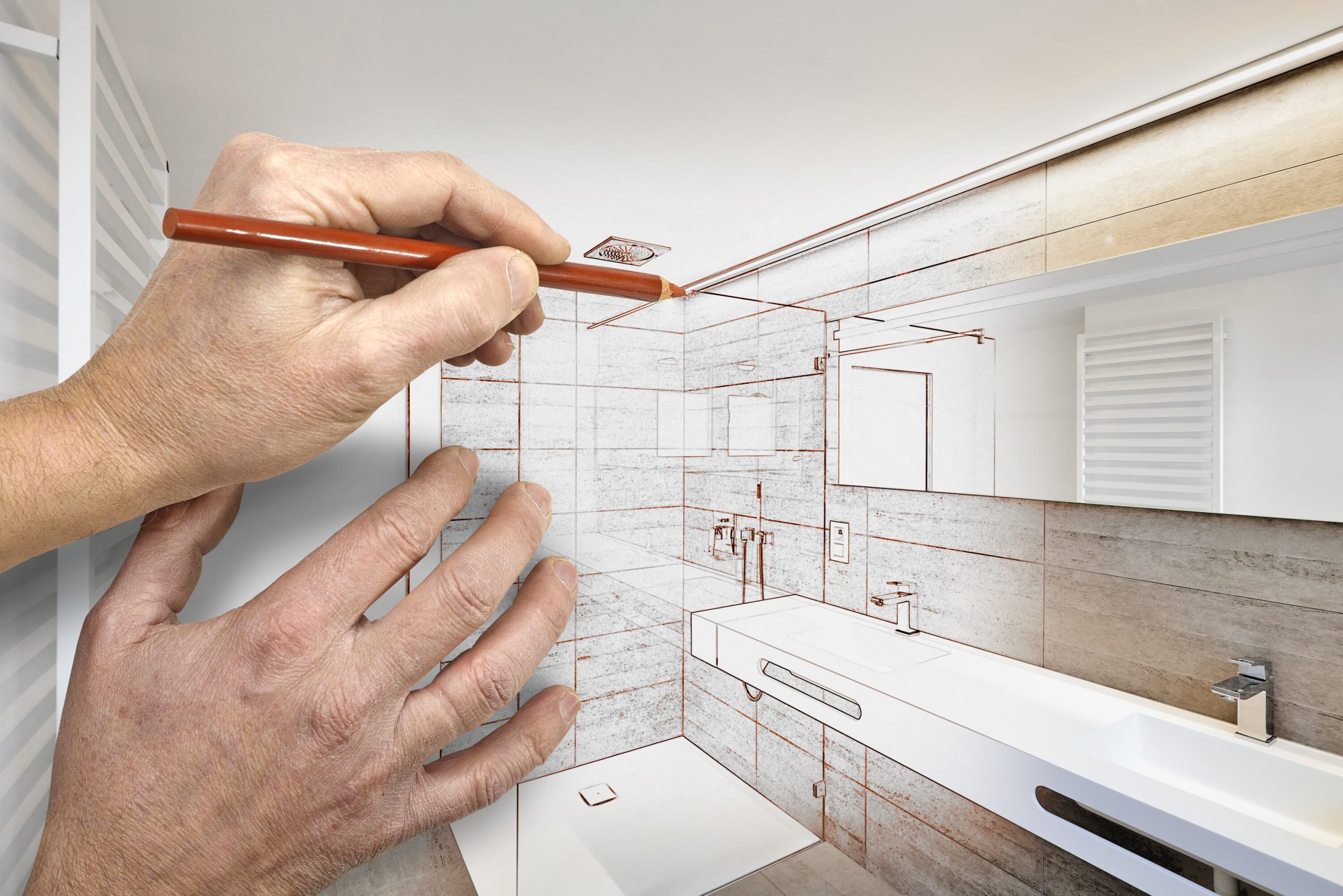
What is the Impact of my HVAC on the Environment
Air conditioning can negatively affect the environment in two major ways.
- It can use a refrigerant that harms the ozone layer.
- It uses electricity, which is often produced in environmentally harmful ways such as burning fossil fuels.
So, you want to enjoy the comfort of air conditioning while doing as little harm to the environment as possible, Refrigerant type and energy efficiency are the two factors you need to consider.
Refrigerant Types
Prior to 2010, most air conditioning units installed in the US used a refrigerant called R-22. R-22 is also known as Freon. The problem with R-22 is that it’s a hydro-chlorofluorocarbon (HCFC). HCFCs have been identified as the chemicals most responsible for damaging the ozone layer. This is a layer high up in the earth’s atmosphere that shields us from dangerous ultraviolet radiation from the sun.
Because of this damage, the US government banned the installation of new units using R-22 as of 2010. Today, new air conditioning units use R-410A, aka Puron, which is a different type of chemical that’s safe for the ozone layer. Thanks to this change, new air conditioning systems today are significantly safer for the environment than those built before 2010.
See Also: Refrigerants of the Past, Present, and Future
Energy Efficiency
The other major factor to consider when evaluating the environmental impact of an air conditioning system is how much energy it will use. Every air conditioner has a SEER rating. This compares the amount of energy needed to produce a certain amount of cooling. For instance, an older SEER 10 air conditioner will use up to twice as much energy to produce the same amount of cooling as a modern high-efficiency SEER 21 air conditioner. This would be like Carrier’s Infinity 21. Even replacing an air conditioner that’s only ten years old with a more efficient model will generally decrease energy use by 20-40%.
Ultimately, as a general rule, the new air conditioning systems produced today are significantly safer for the environment. This is compared to systems produced ten years ago or more. It is due to changes in refrigerant and improvements in energy efficiency. And thanks to those improvements, replacing your old system with a new one can have a positive impact on the environment. It also has a positive effect on your energy bills!


